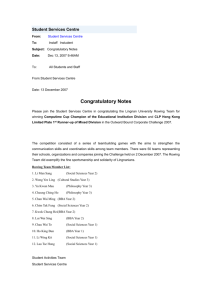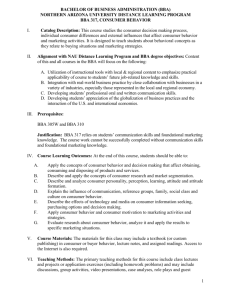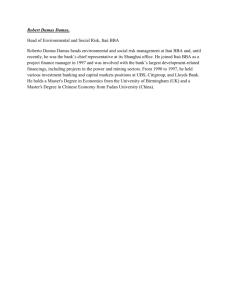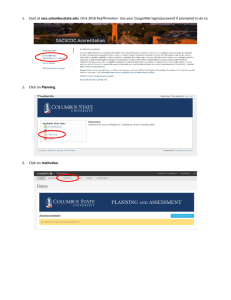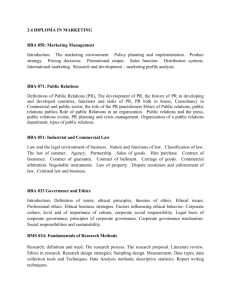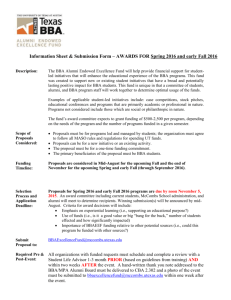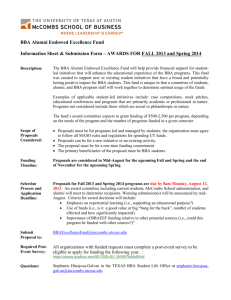NCS Release Event Sp.. - Broader, BOLDER Approach to Education
advertisement
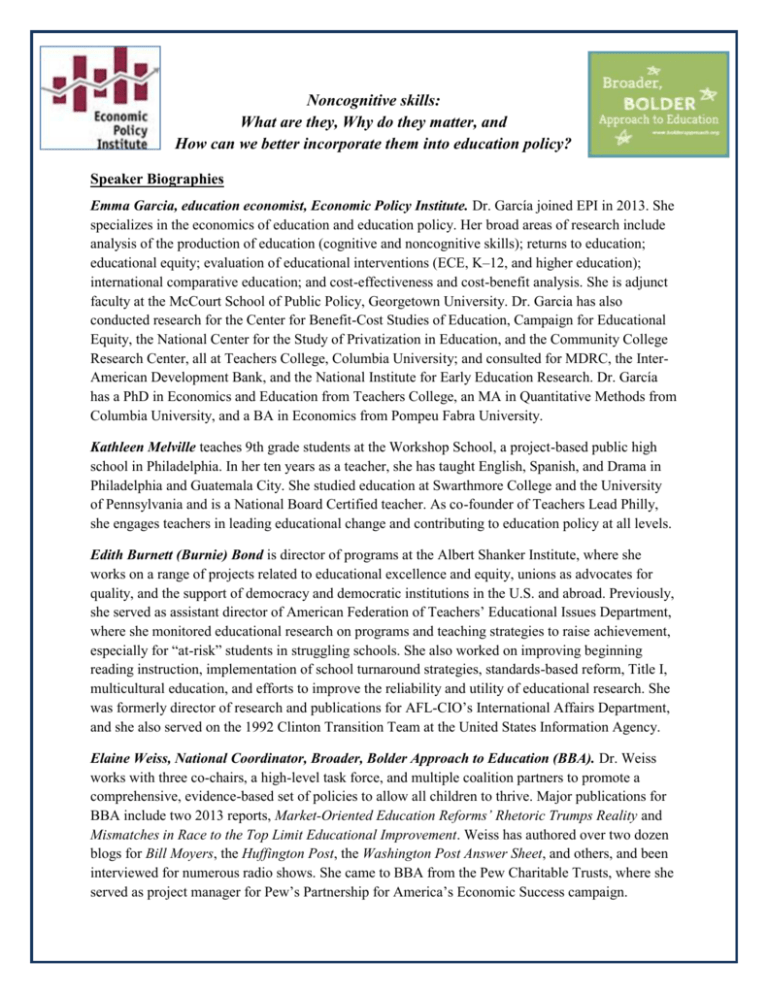
Noncognitive skills: What are they, Why do they matter, and How can we better incorporate them into education policy? Speaker Biographies Emma Garcia, education economist, Economic Policy Institute. Dr. García joined EPI in 2013. She specializes in the economics of education and education policy. Her broad areas of research include analysis of the production of education (cognitive and noncognitive skills); returns to education; educational equity; evaluation of educational interventions (ECE, K–12, and higher education); international comparative education; and cost-effectiveness and cost-benefit analysis. She is adjunct faculty at the McCourt School of Public Policy, Georgetown University. Dr. Garcia has also conducted research for the Center for Benefit-Cost Studies of Education, Campaign for Educational Equity, the National Center for the Study of Privatization in Education, and the Community College Research Center, all at Teachers College, Columbia University; and consulted for MDRC, the InterAmerican Development Bank, and the National Institute for Early Education Research. Dr. García has a PhD in Economics and Education from Teachers College, an MA in Quantitative Methods from Columbia University, and a BA in Economics from Pompeu Fabra University. Kathleen Melville teaches 9th grade students at the Workshop School, a project-based public high school in Philadelphia. In her ten years as a teacher, she has taught English, Spanish, and Drama in Philadelphia and Guatemala City. She studied education at Swarthmore College and the University of Pennsylvania and is a National Board Certified teacher. As co-founder of Teachers Lead Philly, she engages teachers in leading educational change and contributing to education policy at all levels. Edith Burnett (Burnie) Bond is director of programs at the Albert Shanker Institute, where she works on a range of projects related to educational excellence and equity, unions as advocates for quality, and the support of democracy and democratic institutions in the U.S. and abroad. Previously, she served as assistant director of American Federation of Teachers’ Educational Issues Department, where she monitored educational research on programs and teaching strategies to raise achievement, especially for “at-risk” students in struggling schools. She also worked on improving beginning reading instruction, implementation of school turnaround strategies, standards-based reform, Title I, multicultural education, and efforts to improve the reliability and utility of educational research. She was formerly director of research and publications for AFL-CIO’s International Affairs Department, and she also served on the 1992 Clinton Transition Team at the United States Information Agency. Elaine Weiss, National Coordinator, Broader, Bolder Approach to Education (BBA). Dr. Weiss works with three co-chairs, a high-level task force, and multiple coalition partners to promote a comprehensive, evidence-based set of policies to allow all children to thrive. Major publications for BBA include two 2013 reports, Market-Oriented Education Reforms’ Rhetoric Trumps Reality and Mismatches in Race to the Top Limit Educational Improvement. Weiss has authored over two dozen blogs for Bill Moyers, the Huffington Post, the Washington Post Answer Sheet, and others, and been interviewed for numerous radio shows. She came to BBA from the Pew Charitable Trusts, where she served as project manager for Pew’s Partnership for America’s Economic Success campaign.

